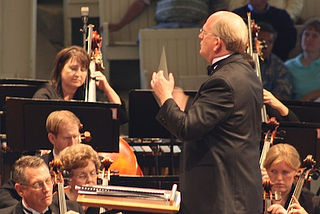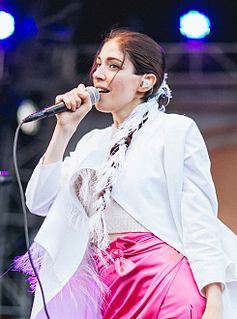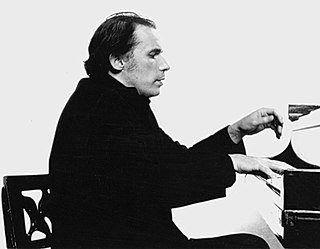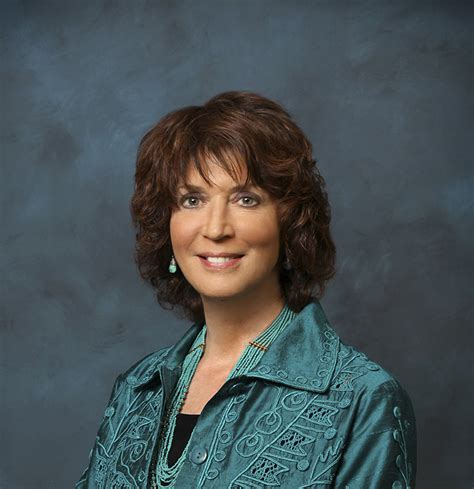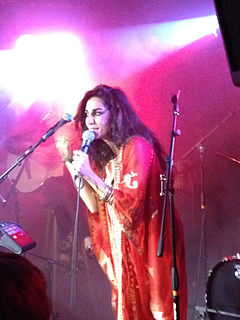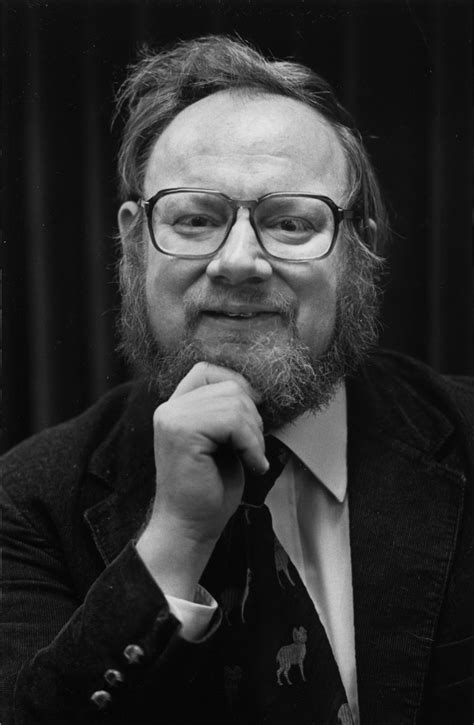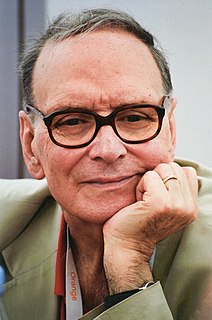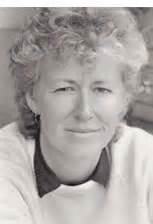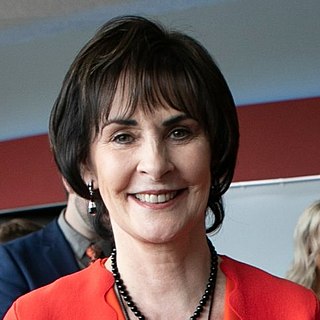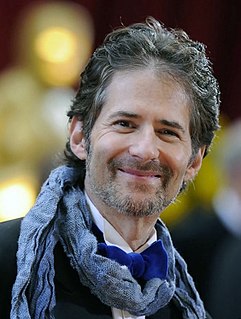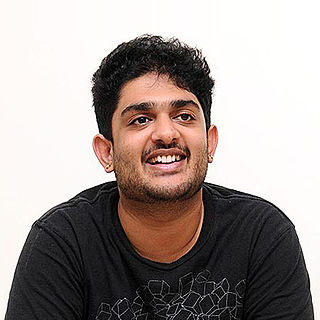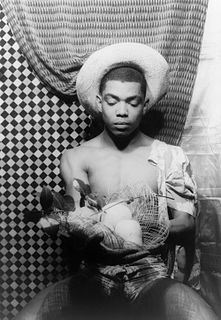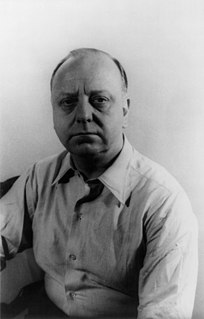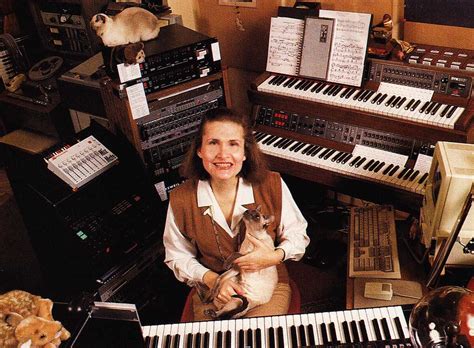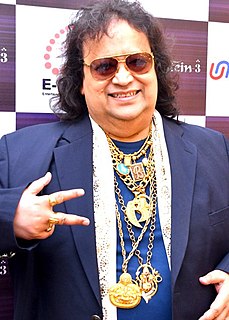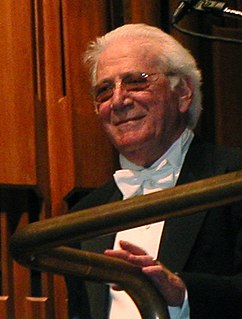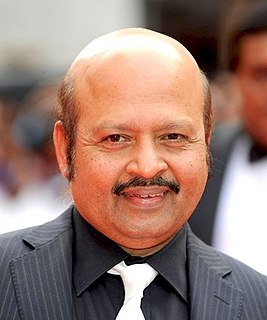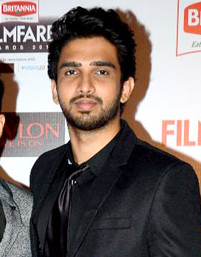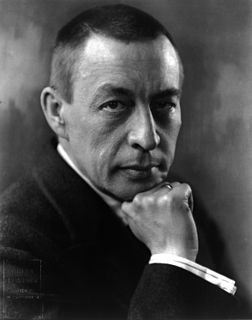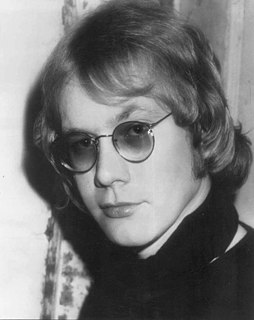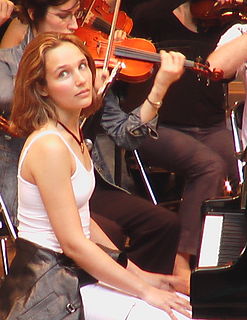Top 403 Composers Quotes & Sayings - Page 5
Explore popular Composers quotes.
Last updated on April 20, 2025.
De Palma is delicious! He respects music; he respects composers. For 'The Untouchables,' everything I proposed to him was fine, but then he wanted a piece that I didn't like at all, and of course we didn't have an agreement on that. It was something I didn't want to write - a triumphal piece for the police.
Our interpretations through the years and generations have always changed, but the emotions, ideas, and the thoughts of the composers are still with us, and these are the premise of the music. The time factor has little to do with it because, after all, it is about human feeling, the Universe and who we are as people.
